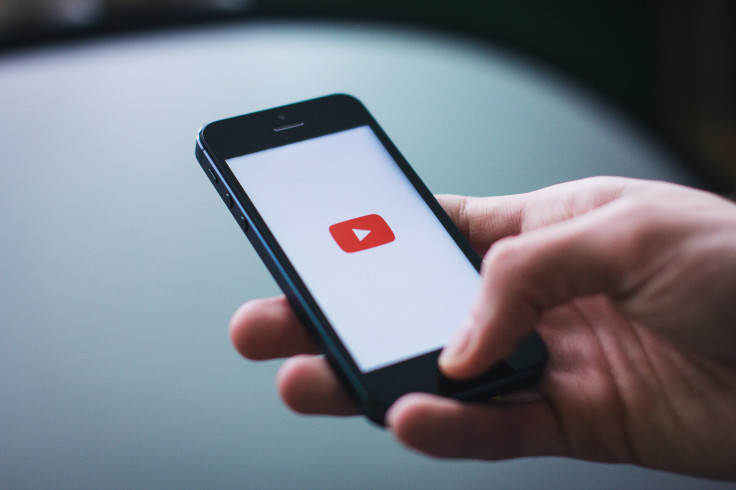Google set to ban YouTube ad blockers, time to sign up for YouTube Premium?
Google is reportedly testing a new feature that will demobilise ad blockers on YouTube.

Google reportedly wants to stop you from blocking YouTube ads using ad blockers. Apparently, the online video-sharing platform is testing a tool that will disrupt a YouTube user's ability to block ads while watching videos. So, once the new feature rolls out, you will not be able to activate ad blockers on YouTube.
The ad blocker was originally spotted by Reddit user Sazk100, who had their ad blocker enabled while trying to watch a video on YouTube. The pop-up notification reads: "Ad blockers are not allowed on YouTube." Moreover, it notes that ads ensure that YouTube stays free for its users worldwide.
Aside from this, the message suggested for the Reddit user to sign up for a paid YouTube Premium subscription to "go ad-free." The user had to disable their ad blocker in a bid to access YouTube as normal. The folks at Tom's Guide weren't able to verify the pop-up message.
Nevertheless, a YouTube employee told the YouTube subreddit moderation team that it is an ongoing "experiment." Also, a Google spokesperson told IGN that the ad blocker was a "small experiment" that's running globally. The spokesperson explained that the feature will instruct YouTube users to allow ads on the platform or switch to YouTube Premium.
Google to restrict users from blocking YouTube ads
The Google representative also pointed out that Ad blocker detection is not new. Publishers usually ask their viewers to disable ad blockers. To recap, the search engine giant did an experiment last year that restricted viewers from skipping certain ads. The move is an attempt to help creators bolster their diminishing ad revenue, according to a report by GizmoChina.
Meanwhile, YouTube has been drawing a considerable number of content creators and subscribers. The report also claims that the social media platform's revenue has been on an upward spiral lately. Nevertheless, it is still unclear whether this ad-blocking "experiment" will roll out globally.
Is getting YouTube Premium a good idea?
It is no secret that YouTube viewers want to avoid pesky advertisements. However, ads are important to YouTube itself, as well as the content creator on the platform. Google could be hoping this new feature will encourage users to get a YouTube Premium membership. The subscription allows ad-free viewing and costs $11.99 (about £9.58) per month.
It is worth noting that YouTube Premium subscribers can download videos to view them offline. It also gives its members access to YouTube Music Premium. More importantly, Google says YouTube Premium allows you to watch videos without ads before and during a video.
As someone who doesn't have YouTube premium or some mobile ad blocker, I've just been doing this. Note, some ads (specifically Verizon ads) don't allow you to skip it, so alternately just refresh the video until the ad is gone pic.twitter.com/jBeM24HrmM
— Count-dacula (@dariuscaro) May 11, 2023
Moreover, members do not see search ads, video overlay ads, and third-party banner ads. So, it is safe to say that YouTube Premium is a worthwhile subscription if you are a frequent YouTube user. Also, Google gives a discounted rate ($119 for the year or £95) to those who sign up for an annual plan.
Google showcases its latest AI advancement
Interestingly, Google did not tease new YouTube features during its recently concluded Google I/O event. Instead, the tech behemoth shed some light on its latest AI advancements. Senior Google engineer Luke Sernau recently warned the company that it is lagging behind in the AI race. However, Google showcased its AI advancements in the form of a new language model dubbed Gemini at its annual conference on May 10.
5. Google Unveils Gemini
— Barsee 🐶 (@heyBarsee) May 11, 2023
This is Google's next-generation multimodal foundation model.
It will directly rival with @OpenAI GPT.
Bard will transition to the Google Deepmind Gemini model. pic.twitter.com/zBGJU1Zwcz
Sernau indicated that Google should deviate its focus from competing against ChatGPT and Bing AI and team up with the open-source community if it wants to stay relevant in the AI race. However, an IndiaToday report claims Gemini can beat both OpenAI's ChatGPT and Microsoft's BingAI hands down since it boasts unique features. Moreover, Gemini's multimodal capability separates it from its predecessors.
© Copyright IBTimes 2025. All rights reserved.






















